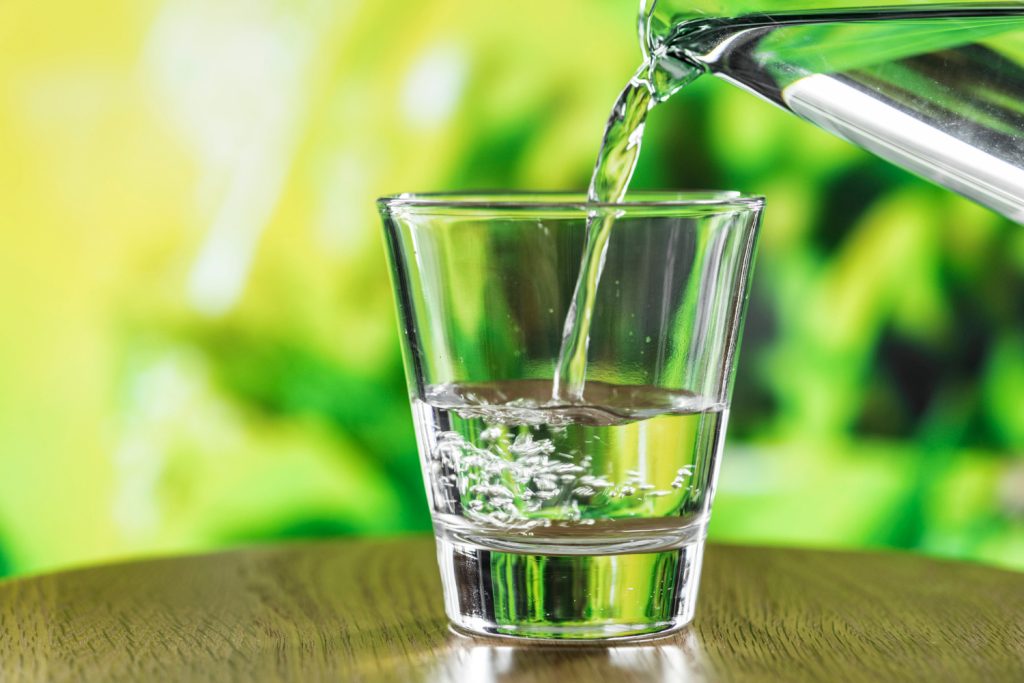
Clean water is essential for life. It is crucial for maintaining good health, hygiene, and overall well-being. However, access to clean water is not always guaranteed, as water sources can be contaminated with various pollutants. This is where water filtration systems play a vital role in ensuring that the water we consume is safe and free from harmful impurities.
Why Clean Water is Important
Clean water is vital for various reasons, including:
1. Health Benefits
- Drinking clean water helps prevent waterborne diseases such as cholera, typhoid, and diarrhea.
- It supports proper digestion and nutrient absorption in the body.
- Clean water is essential for maintaining healthy skin and hair.
2. Environmental Impact
- Access to clean water is crucial for sustaining ecosystems and biodiversity.
- Contaminated water can harm aquatic life and disrupt the balance of entire ecosystems.
- Clean water is necessary for agriculture and irrigation, supporting food production.
Types of Water Contaminants
Water can be contaminated with various pollutants that pose a risk to human health. Common water contaminants include:
1. Microorganisms
- Bacteria such as E. coli and Salmonella
- Viruses like Hepatitis A and Norovirus
- Parasites such as Giardia and Cryptosporidium
2. Chemicals
- Heavy metals like lead, arsenic, and mercury
- Chlorine and chloramine used for water disinfection
- Pesticides and herbicides from agricultural runoff
3. Sediments
- Sand, silt, and rust particles that can affect water clarity and taste
- Organic matter that provides a breeding ground for bacteria
Choosing the Right Water Filtration System
When selecting a water filtration system for your home or business, consider the following factors:
1. Water Quality
- Identify the specific contaminants present in your water supply through testing.
- Choose a filtration system that can effectively remove those contaminants.
2. Filtration Method
- There are various filtration methods available, including carbon filters, reverse osmosis, UV disinfection, and distillation.
- Select a filtration method based on the type and level of contamination in your water.
3. Maintenance and Cost
- Consider the maintenance requirements and operating costs of the filtration system.
- Factor in the initial investment, replacement filter costs, and energy consumption.
Benefits of Water Filtration Systems
Water filtration systems offer several advantages, such as:
1. Improved Water Taste and Odor
- Removes unpleasant tastes and odors caused by chlorine, sulfur, or organic matter.
- Provides clean and refreshing water for drinking and cooking.
2. Healthier Drinking Water
- Reduces exposure to harmful contaminants like lead, arsenic, and bacteria.
- Ensures that your drinking water is safe and free from impurities.
3. Environmental Sustainability
- Reduces the reliance on single-use plastic bottles by providing clean tap water.
- Minimizes the environmental impact of plastic waste and pollution.
Maintaining Your Water Filtration System
Proper maintenance is essential to ensure the optimal performance of your water filtration system. Follow these tips to keep your system running smoothly:
1. Regular Filter Replacements
- Follow the manufacturer's guidelines for replacing filters at recommended intervals.
- Dirty or clogged filters can reduce filtration efficiency and compromise water quality.
2. System Cleaning
- Periodically clean the filtration system components to prevent buildup of sediment or contaminants.
- Follow the manufacturer's instructions for cleaning and sanitizing the system.
3. Professional Servicing
- Consider scheduling regular maintenance checks with a professional water treatment specialist.
- Professional servicing can detect and address issues early, ensuring the longevity of your system.
Conclusion
Access to clean water is essential for maintaining a healthy lifestyle and preserving the environment. Water filtration systems play a critical role in ensuring that the water we consume is safe and free from contaminants. By choosing the right filtration system, maintaining it properly, and understanding the importance of clean water, you can enjoy the benefits of pure and refreshing water every day.
